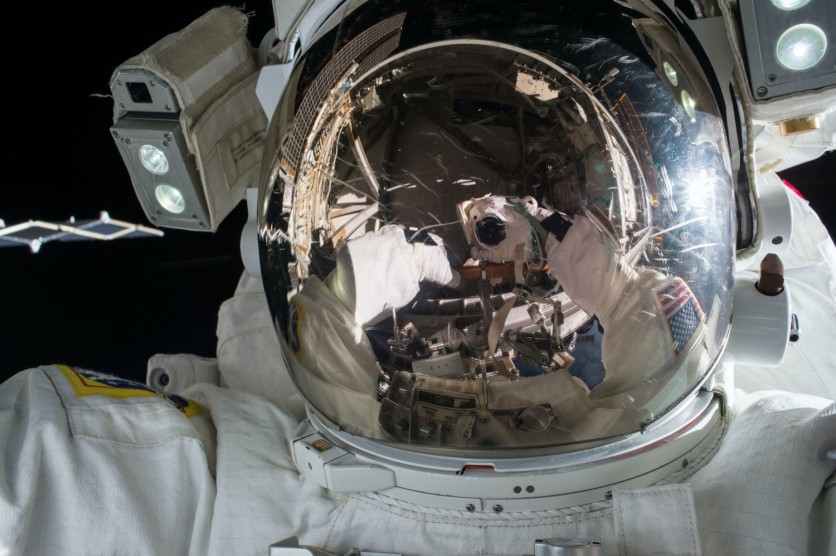
In a first-of-its-kind study conducted at the Icahn School of Medicine at Mount Sinai, astronauts are found to be at a higher risk of getting DNA mutations, raising the likelihood of getting cancer and heart disease over their careers that possibly came from spaceflights.
Can Spaceflights Develop DNA Mutations?
According to Phys.org, in a recent study aimed to press further on astronauts' health, researchers conducted a study to see how spaceflights affect their entire body system.
Blood samples were obtained from National Aeronautics and Space Administration (NASA) astronauts who piloted space shuttle flights by a team of researchers from Mount Sinai's Icahn School of Medicine. The astronauts in the research flew relatively brief (median 12 days) space shuttle flights between 1998 and 2001. Their median age was 42 years old, they were mostly men, and six of the 14 were on their first mission.
The researchers took entire blood samples from the astronauts ten days before their mission and on the day of landing and white blood cells three days later. The samples were kept at -80oC for almost 20 years.
Subsequently, the study detected somatic alterations in DNA in the blood-forming system or hematopoietic stem cells in all 14 astronauts that were investigated. These observations, published in the August issue of Communications Biology, show that spaceflight may be linked to these mutations and highlight the significance of continued blood screening of astronauts throughout their careers and beyond retirement to maintain their health.
These mutations in question are somatic in nature. Meaning that it's a mutation that develops after a person is conceived and in cells other than sperm or egg cells, which means they cannot be passed on to descendants. The mutations found in this study were distinguished by an excess of blood cells produced from a single clone, a process known as clonal hematopoiesis (CH).
Such mutations are commonly generated by environmental conditions, such as exposure to UV light or certain chemicals, and maybe the outcome of cancer chemotherapy or radiotherapy. There are rarely symptoms or indicators of CH; most individuals are found via genetic testing of their blood for other disorders. Although CH is not always a sign of illness, it has been linked to an increased risk of cardiovascular disease and blood cancer.
"Astronauts work in an extreme environment where many factors can result in somatic mutations, most importantly space radiation, which means there is a risk that these mutations could develop into clonal hematopoiesis," said the lead author David Goukassian, MD, Professor of Medicine (Cardiology) with the Cardiovascular Research Institute at Icahn Mount Sinai.
Dr. Goukassian further says that, given the increasing interest in both economic spaceflights and deep space exploration, the possible health consequences of repeated or long-duration exploratory space missions have always been predicted.
An article from Tech Times in 2019 reported the same sentiment, noting the health hazards astronauts face in spaceflights in Health in Space: Daring to Explore exhibition.
In a statement from former astronaut Robert Thirsk, "The nature of weightlessness, ionizing radiation, and psychological isolation need to be better understood in order to make spaceflight safer for astronauts of the future when we venture off to the Moon, to Mars, and beyond,"
How Can This Research Help?
Dr. Goukassian concluded that these investigations revealed the ability to determine the health risk of astronauts during space flight. What is needed now is to undertake long-term retrospective and well-controlled future research with a large number of astronauts to observe how that risk evolves over time. While also correlating that data to their clinical symptoms, imaging, and lab findings.
This will allow medical personnel to make accurate predictions about which individuals are most likely to acquire the disease, paving the way for personalized precision medicine strategies for early intervention and prevention.
Related Article : ISS Astronauts Check Each Other's Health Through Spinal Scans, Heart Rate, Breathing Monitors, and More
This article is owned by Tech Times
Written by Thea Felicity
ⓒ 2026 TECHTIMES.com All rights reserved. Do not reproduce without permission.




